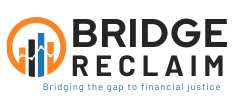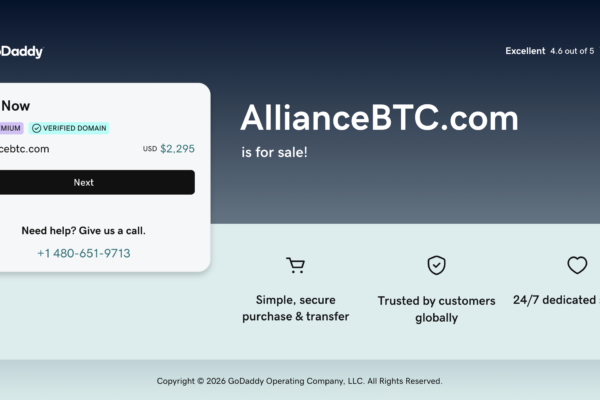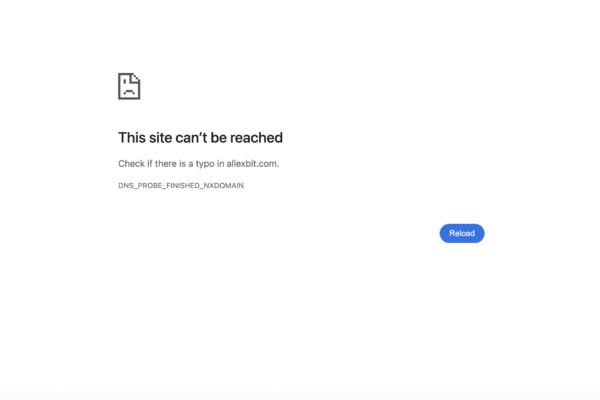Emeraltrade.com Scam Warning: Avoid This Broker in 2025
Introduction: The Rise of Online Trading Scams
The digital age has made trading accessible to everyone, but it’s also opened the door for scam brokers posing as legitimate platforms. Emeraltrade.com is one such platform that has raised numerous red flags within the financial and cybersecurity communities. In this 2025 review, we will analyze EmeralTrade’s operations, user complaints, regulatory status, website authenticity, and why you should think twice before trusting them with your money.
1. Overview of EmeralTrade.com
At first glance, EmeralTrade.com appears to be a sleek, modern investment platform promising access to crypto trading, forex, and other high-yield assets. It claims to offer lightning-fast transactions, advanced trading tools, and attractive returns for novice and seasoned traders alike.
But behind the polished marketing is a much darker reality. EmeralTrade exhibits the telltale signs of an unregulated, potentially fraudulent trading scheme.
2. Domain and Web Presence Analysis
Domain Information
The website domain emeraltrade.com was registered recently—in June 2024—making it less than a year old. Scam platforms often operate under short-lived domains to avoid detection and accountability. These domains are discarded and replaced as soon as regulatory scrutiny or bad reviews mount.
The website is also hosted through privacy-protected services, which is common among scam sites to obscure ownership and hosting location.
SEO and Traffic Analysis
EmeralTrade has minimal organic traffic and no credible backlinks from major financial publications or tech websites. TrustPilot and similar platforms have few authentic reviews, most of which are likely fake or bot-generated. Real users, however, have left concerning comments—many of them describing issues with account access, fund withdrawals, and deceptive account managers.
3. Lack of Regulation and Licensing
Perhaps the most alarming red flag is EmeralTrade’s lack of regulatory oversight. No mention of financial regulation or licensing is provided on their website—a critical omission for any legitimate broker. Platforms handling client funds are required to register with government financial authorities such as:
-
The Financial Conduct Authority (FCA) in the UK
-
The Securities and Exchange Commission (SEC) in the U.S.
-
CySEC, ASIC, or FINMA for European or Australian jurisdictions
When we checked official databases, EmeralTrade does not appear on any regulatory register. That means if the company disappears with your money, there’s no legal or financial mechanism in place to help you recover it.
4. Unprofessional and Misleading Website Behavior
EmeralTrade’s website is designed to look trustworthy, but it lacks several professional elements that real brokers maintain:
-
No verifiable contact address (only a generic form)
-
No customer service team accessible by phone
-
Suspicious or broken links in terms and conditions
-
No financial disclosures, audit reports, or company background
Their legal section is vague and appears to use generic templates. In some cases, scam brokers use stolen or fabricated company registration numbers to feign legitimacy—EmeralTrade doesn’t even bother with that.
5. Real User Complaints and Scam Patterns
Across Reddit, Trustpilot, Scam2avoid.com scamadviser, scam-dectectives.com, and other review sites, users have described troubling experiences with EmeralTrade:
Common Complaints Include:
-
Accounts being locked after deposits
-
Constant pressure from “account managers” to deposit more money
-
Fake profit dashboards showing increasing balance but no way to withdraw
-
“Verification issues” used as an excuse to delay or cancel withdrawals
-
Threats or blackmail when customers ask for refunds
-
Zero response to support queries once funds are sent
This pattern is almost identical to dozens of other scams operating under different names, many of which are run by the same fraudulent networks.
6. The Psychology of the Scam
EmeralTrade relies on a classic advance-fee fraud model disguised as a modern investment platform. The process typically works as follows:
-
A user signs up and makes a small deposit.
-
A fake “trading account” is created with manipulated charts and dashboards showing gains.
-
The user is encouraged to invest more to “unlock higher profits.”
-
When the user tries to withdraw, new fees are introduced—”taxes,” “processing charges,” or “compliance verifications.”
-
Eventually, communication stops and the account is either locked or deleted.
The scammers use psychological tactics to make victims feel they are just one payment away from unlocking their funds, often dragging them into a financial spiral.
7. Connections to Other Scam Networks
Investigators have found that EmeralTrade shares similarities with other known scam platforms—such as design templates, domain registrars, and offshore hosting services. In many cases, the scammers rebrand and relaunch under new names once one website is flagged. Some of these may include:
-
“Emerald-trade.ltd”
-
“Emraltradefx.com”
-
“BitTradeX” or similar variations
These sites often redirect traffic between each other to create a false sense of legitimacy and community. Many are linked to operations based in Eastern Europe, Africa, or Asia, but they list fake addresses in London, Zurich, or New York.
8. Fake Reviews and Ratings Manipulation
It’s not uncommon to see fake five-star reviews flooding the internet, especially right after a scam site launches. These reviews are often short, repetitive, and posted within days of each other—classic signs of review farming.
In contrast, genuine reviews tend to be longer and more detailed, often pointing out specific issues like communication breakdowns or inability to withdraw funds.
9. Expert Warnings from Scam Monitoring Sites
Platforms like ScamAdviser, BrokerChooser, and ForexPeaceArmy have flagged EmeralTrade as suspicious. These independent watchdogs assess a broker’s transparency, regulation, and customer sentiment. Their reviews indicate:
-
Low domain trust scores
-
No verifiable financial compliance
-
Risk of identity theft or financial loss
-
Connections to other fraud-prone platforms
These assessments are based on AI and human analysis of the broker’s digital footprint.
10. What to Do If You’ve Been Scammed
If you’ve already deposited money into EmeralTrade and cannot withdraw, act quickly:
Steps to Take Immediately:
-
Stop communication with the broker.
-
Contact your bank or card issuer to initiate a chargeback.
-
File a report with your country’s financial crime unit or fraud watchdog (e.g., Action Fraud UK, FTC in the U.S.).
-
Document all communications—emails, payment receipts, screenshots.
-
Consider speaking with reputable fund recovery services (never pay upfront for this).
Avoid revenge scams that claim to help recover your money in exchange for more deposits. These often come from the same network that ran the original scam.
Conclusion: Avoid EmeralTrade at All Costs
EmeralTrade.com shows every classic indicator of a modern trading scam. From fake dashboards to unlicensed operations and user withdrawal issues, it is designed to take your money and leave you with nothing.
If you’re looking to trade or invest online, always choose platforms that are:
-
Regulated by known financial authorities
-
Transparent about their corporate identity
-
Reviewed positively by credible third-party analysts
-
Able to provide real customer service
Final Verdict: EmeralTrade is Likely a Scam
There’s no reason to believe EmeralTrade.com is a legitimate or safe broker. It’s unregulated, poorly reviewed, and actively shows predatory behavior. Steer clear and warn others before they lose money too.
-
If you have lost money to Emeraltrade.com, it’s important to take action immediately.Report the scam to BRIDGERECLAIM.COM , a trusted platform that assists victims in recovering their stolen funds. The sooner you act, the better your chances of reclaiming your money and holding these fraudsters accountable.
Scam brokers like Emeraltrade.com continue to target unsuspecting investors. Stay informed, avoid unregulated platforms, and report scams to protect yourself and others from financial fraud.





